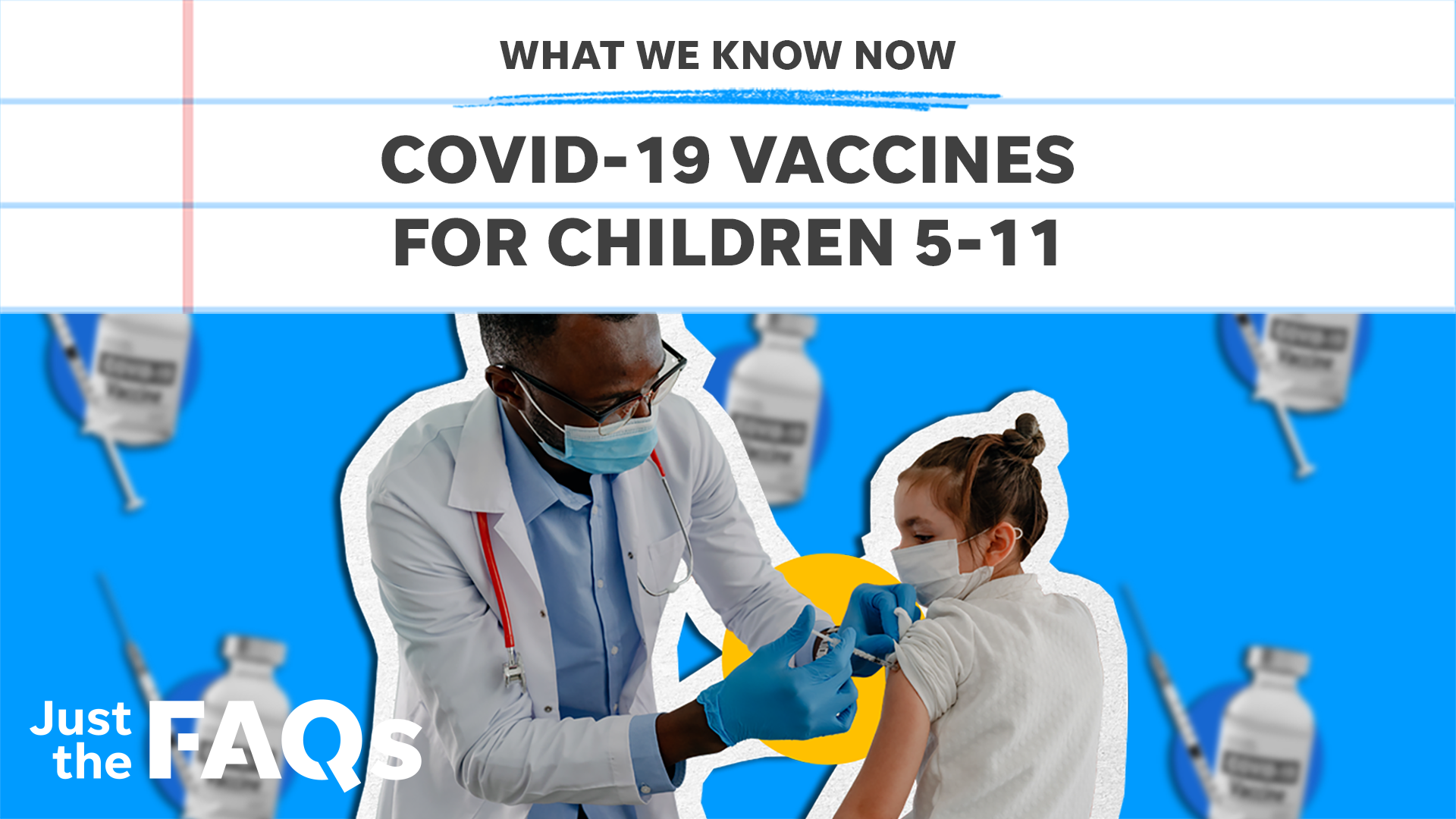Our most important New Year's resolution should be better communication on COVID-19
As we enter 2022, we need to make sure important messages on health are communicated with clarity to help depolarize the COVID-19 pandemic.

The new year is a time for both reflection and reinvention. So it’s only fitting that this New Year's, the omicron variant is forcing us to reflect on a year in which we’ve recorded more COVID-19 deaths than in 2020, despite more tools than ever to fight the virus.
As we look toward 2022, it is imperative for our physical, mental and financial health that we reinvent our strategy for dealing with the virus. And nowhere is there a greater need for reinvention than in regards to our health communications.
Bad guidance
Last spring, the Biden administration wanted to find a way to encourage holdouts to get vaccinated. They were also eager to show America that with new leadership, we were finally turning the page on the pandemic. So the Centers for Disease Control and Prevention issued new guidance saying people who were fully vaccinated could stop wearing masks.
Opinions in your inbox: Get a digest of our takes on current events every day
Many experts defended the science behind the decision – cases were down, vaccination clearly lowered the risk of not only hospitalization and death, but also disease spread – and shared in the optimism that mask haters would rush to get their shots.
Yet in a surprise to almost no one, vaccinated and unvaccinated persons alike threw away their masks.
Businesses quickly abandoned mandatory masking policies in their stores and cited CDC guidance as the reason for doing so. And worse yet, a delta variant surge that had devastated India and was causing havoc in the United Kingdom was making travel plans to visit America.
The latest tale of communications woe is the newly updated CDC guidance on isolation and quarantine. The guidance tells people if they are asymptomatic, they can end isolation in five days instead of 10 – but only if they wear a mask whenever they are around others.
There was not clear enough guidance on testing or specifications about the type of mask, despite nearly all scientists agreeing these features would make for a stronger policy. If you’re confused about this – and there are many more ifs, ands and buts in the guidance – you’re not alone.
The guidance seems to be based less on the best science – and more on keeping the economy open. I suspect as with the spring mask guidance, people are more likely to focus on the permissive aspects – the “isolation is over at five days” part – and less on the caveats.
A better path forward
What must we do to reinvent our health communications to be more effective in 2022?
First of all, we’ve got to be honest.
And the honest truth is that President Donald Trump couldn’t “end” COVID-19 and neither can President Joe Biden. There will be no victory, but that doesn’t mean we must concede defeat. We can manage a draw with COVID-19, where we preserve hospital capacity, minimize deaths and keep schools, workplaces and the economy open.
Second, we need to take real measures to depoliticize the conversation on the pandemic. I’d love to see Trump and Biden, House Speaker Nancy Pelosi and Senate Minority Leader Mitch McConnell, Govs. Gavin Newsom of California and Ron DeSantis of Florida, and MSNBC's Rachel Maddow and Fox News' Sean Hannity doing joint public service announcements on how we live with the virus instead of living in fear of it or in denial of it.
It’s especially urgent that we all show a common commitment to defeating COVID-19 early in 2022, because we will soon launch into full political smackdown mode in the run-up to the midterm elections.
Third, we have to recognize that the CDC is designed to talk to health professionals, not to the general public.
The CDC leads the pack when it comes to science, but clearly falls short time and again when it comes to communicating that science to everyday Americans. This deficiency is only amplified when White House staffers with political agendas get involved.
That’s why we need to bring in true health communications and marketing experts to advise the CDC and White House, instead of expecting scientists and politicians to suddenly become advertising "Mad Men."
When we revisit 2021, one thing is for certain in regards to our health communications – they are failing miserably. As we seek to reinvent our national COVID-19 response for 2022, let's not do the same things and expect a different result.
Honesty about the virus, a commitment to cooperation across political aisles and utilizing true communications experts to help with more effective messaging will all be key to a better response and will help us learn to successfully live with the virus.
Dr. Jerome Adams, a former U.S. Surgeon General, is the executive director of health equity initiatives at Purdue University and a distinguished professor of practice. Follow him on Twitter @JeromeAdamsMD